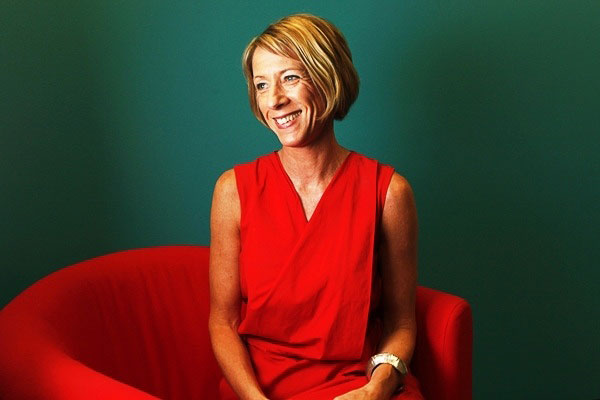
The absence of significant jazz figures on Chicago’s Power List is a sad reality for the music industry. Despite its continued vibrancy and inventiveness, the city’s jazz scene has long suffered the same fate as the music itself in the overall public consciousness—that of a once-great historical art form now shoved to the periphery of pop culture as a niche genre at best.
But the tired old “jazz is dead” debate seems particularly specious, especially in Chicago when someone like Kate Dumbleton is taking charge. Originally from the Bay, the veteran jazz advocate and former executive director of the Chicago Jazz Ensemble became director of Hyde Park Jazz Festival last fall. “The level of musicianship and co-creative energy is like nothing I have seen anywhere else, and genre categories are continually blurring in the most interesting of ways,” Dumbleton says. “From a creative standpoint, Chicago is on fire.”
Built by volunteers as a free, locally-focused event in 2007, the Hyde Park Jazz Festival immediately set itself apart from the typical stage-on-hot-asphalt aesthetic by placing concerts within well-known Hyde Park institutions like the University of Chicago and the DuSable Museum of African American History. Those differences have made an impact, too. At a time when city-sponsored festivals are getting cut, the Hyde Park Jazz Fest expanded from one day to two and boasted more than 25,000 visitors. Not a bad time for Dumbleton to jump on board.
While Dumbleton says it’s important to uphold tradition, she also plans to propel the fest forward. “Growth for the sake of growth makes little sense to me,” she says. “It takes time to develop organization in a smart and organic way.” But that’s not an easy sell in a world where there’s a desire to supersize everything. When Lollapalooza attracts over a quarter million people in July, it’s hard for a small festival to compare. But Dumbleton isn’t worried. “My greatest hope is that whatever we do in the future comes from a constant dialog with our ever-diversifying audience and from a fundamental commitment to the music. If can do that, the future will always be bright.”
Mark Loehrke is a contributing music critic for Chicago magazine.
Photograph: Michael Tercha


